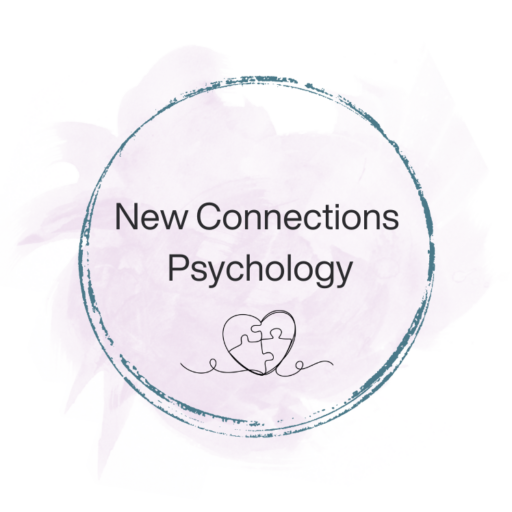Trauma Counselling in Camberwell
Trauma can leave deep emotional wounds that shape how we think, feel, and relate to the world. Counselling for trauma provides a safe and supportive space to gently explore these experiences at your own pace. Together, we can look at how past events may be affecting your present, and find ways to help you feel more grounded, connected, and in control. Counselling is tailored around what feels comfortable and supportive for you.



